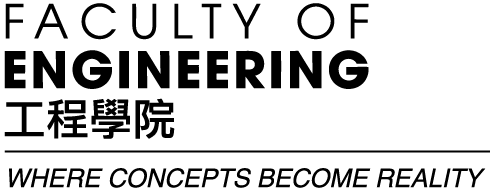Guest Speaker: Prof. Bernd R. Noack
Chair of Artificial Intelligence and Aerodynamics
School of Mechanical Engineering and Automation
Harbin Institute of Technology (Shenzhen)
Bernd R. Noack is National Talent Professor and Chair of AI and Aerodynamics at Harbin Institute of Technology, Shenzhen, keeping his Honorary Professorship and Chair in Turbulence Control at TU Berlin. Before, he was Director of Research CNRS at LIMSI, Paris-Saclay, Professor at TU Braunschweig and TU Berlin and has worked at the United Technologies Research Center (USA), the Max-Planck Society and the German Aerospace Center.
He develops closed-loop turbulence control solutions for cars, air taxis, airplanes and other transport systems. His team is advancing the frontiers of artificial intelligence in fluid mechanics. He invented and is pioneering machine learning control, the first automated learning of multiple-input-multiple-output control laws in experiment. Another focus is placed on nonlinear control-oriented reduced-order models, including the automated development of digital twins from data.
He has co-authored over 300 publications, including over 130 international refereed Journal articles, 2 patents, 3 review articles, 2 Springer textbooks. and 3 other books. He is a Mendeley/Stanford highly cited researcher (top 1%) with 26 citation classics and belongs to the top 63 scholars in mechanical engineering and aeronautics in China (research.com). His work has been honored by numerous awards, e.g., the Hermann-Blenk Award (2022), outstanding faculty award of HIT (2020–2021), a CNRS Scientific Excellence award (2014–2018), a Fellowship of the American Physical Society (2012), a Senior ANR Chair of Excellence in France (2010–2015), and the von Mises Award of the International Association of Applied Mathematics and Mechanics (2005).
Abstract
Closed-loop turbulence control has current and future engineering applications of truly epic proportions, including cars, trains, airplanes, air taxis, air conditioning, medical applications, wind turbines, combustors, and energy systems, i.e. well-known topics at Skoltech. A key feature, opportunity and technical challenge is the inherent nonlinearity of the actuation response.
In recent years, two research trends facilitated major breakthroughs in this field. On the hardware side, actuators and sensors become increasingly smaller, more powerful, more reliable and cheaper. Thus, distributed deployment with hybrid actuation and sensing became feasible. On the control side, machine learning has opened game-changing new avenues for the fully automated model-free performance optimization in the plant in one or few hours of wind tunnel testing time - even for complex dynamics and distributed actuation/sensing. In this talk, we review corresponding recent advances towards gust safe and energy efficient transport applications. Presented experimental demonstrations include drag reduction of a car model with multiple actuators and sensors, jet mixing optimization combining nozzle shape optimization, distributed actuation and distributed sensing, smart skin separation control featuring distributed passive/active feedback control, and the turbulence design for drone testing with world’s largest fan-array wind generator.






